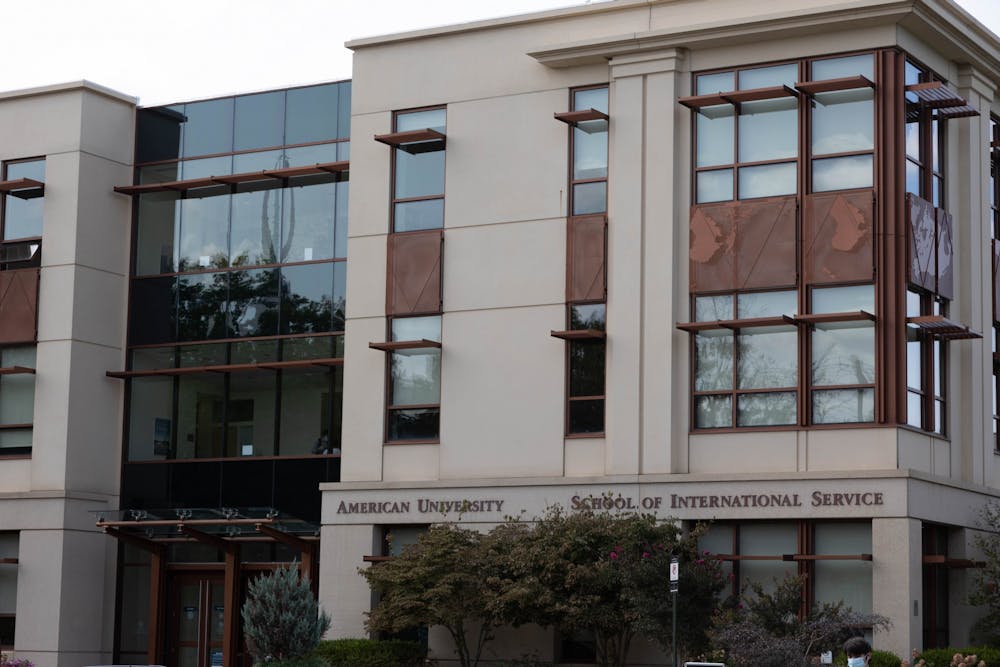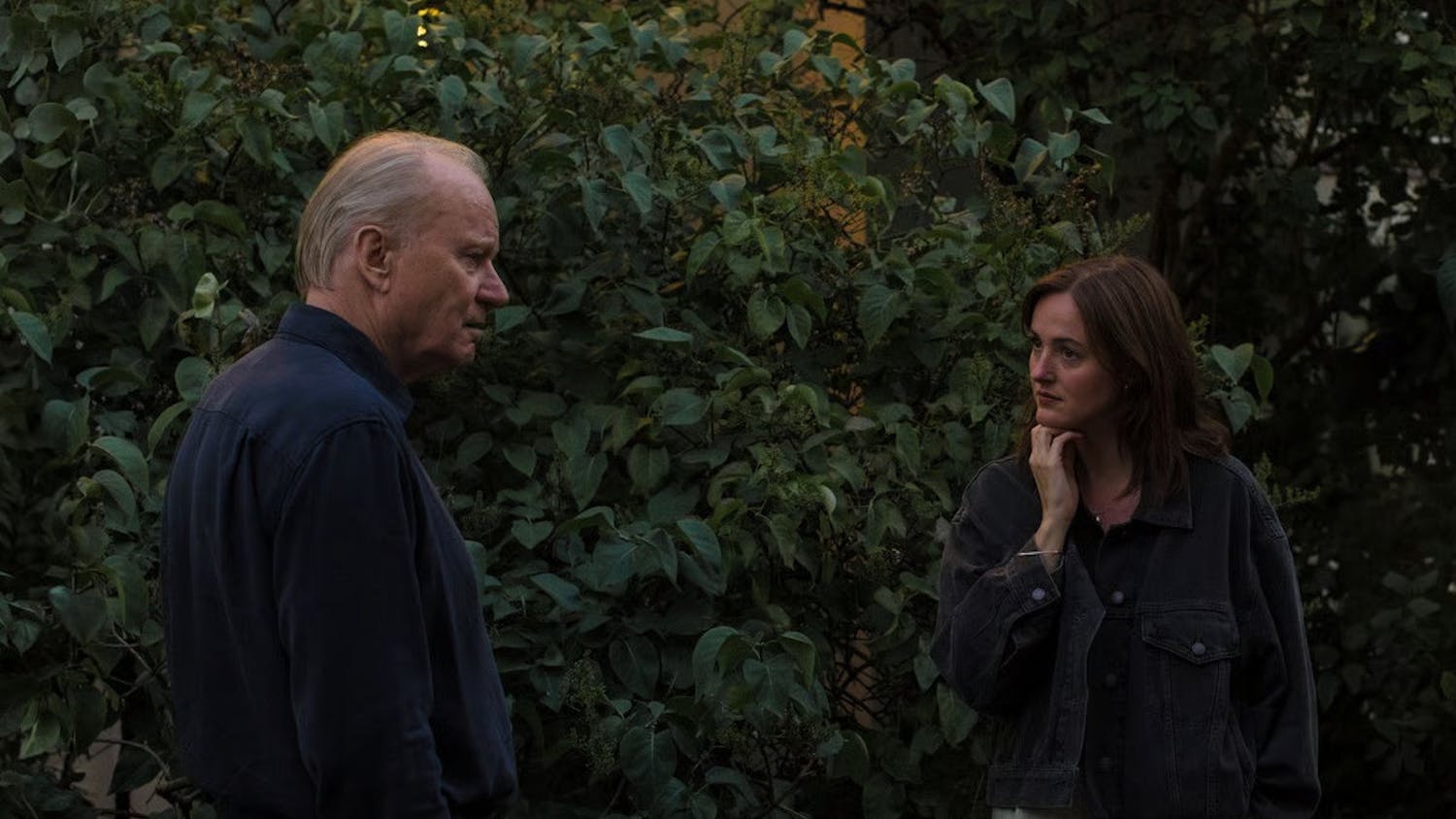The School of International Service emergency fund, established to assist students facing unexpected short-term financial issues, has provided support to nearly 20 students since its soft rollout in October 2021.
The SIS emergency fund was the brainchild of alumnus Matt Klinger. Klinger graduated from the SIS in 1995, and currently works as the executive vice president of operations at EAB, a consulting firm focused on improving the education landscape and success. Klinger said that his goal of improving students' successes in attaining their undergraduate or graduate degrees inspired the fund.
“There was a Washington Post article not too long ago that identified that sometimes short-term financial issues arise and force the student to drop out or become so obsessed with their financial situation that they don’t excel at school … We felt that with a little financial support we could put that short-term financial shock behind the student,” Klinger said.
After bringing it to the attention of faculty and staff members, a committee of two staff members and three faculty members was formed to execute Klinger’s vision.
The emergency fund serves all SIS students facing unexpected and immediate financial situations by providing a one-time award between $250 to $1,500. The fund is available to graduate and undergraduate students.
Mike Schroeder, a committee member for the fund, said that often the focus of scholarships tends to be placed on long-term financial situations. The SIS emergency fund focuses on students who face shorter-term financial situations that aren’t scholarship-applicable.
“As the fund has been launched … it’s given us a very clear understanding of what these kind of immediate, unexpected and pressing financial crises look like for students and how sometimes a little bit of money can go a long way,” Schroeder said.
Kathryn Fogleman, who acts as the fund’s coordinator on the committee, said that the fund is advertised through word of mouth primarily to students through various resource offices and groups on campus, as well as the SIS undergraduate council.
Schroeder said that the creation and the execution of the fund are based on three pillars: impact, accessibility and fairness and equity. The committee ensures that all students’ situations are reviewed in an equitable manner, which sometimes includes having a phone call with the student to discuss and fully understand their situation. All students’ information is kept confidential and only shared with the committee.
Fogleman said that after submitting their application, a student can expect to receive a confirmation on their application from her within seven days and then hear back on the committee’s final decision within 21 days.
The fund is predominantly funded by Klinger, with a few additional donations from other alumni as word of the fund has started to reach the alumni community.
Since its soft rollout in October 2021, 17 awards have been distributed and several applications are currently in the review process. According to Fogleman, mostly graduate students have applied to the fund, with three applications filed by undergraduate students.
As the fund continues to grow and more students apply, one of the challenges the committee faces is the overwhelming number of applications.
“We want to be able to turn these applications around as quickly as possible, which means if we get inundated with applications we might not be able to meet the timeline we do, but on the other hand, making sure everyone knows about these funds so we’re meeting all the students with these financial needs,” Schroeder said. “We’ve aired on the side of making it better known even if it comes with having to sort of figure out how to handle the administrative load that comes with that.”
One way the committee has sought to minimize the risk of overapplication is by making it clear to students what the fund can and can’t help with.
“We have an external-facing document for students to kind of look at that says what are the basic criteria of the fund, like what can the fund support and what can’t the fund support,” said Fogleman.
Klinger said he is excited to see the fund continue to grow and serve more members of the SIS community.
“I’ve come to realize that the college degree, whether a graduate or undergraduate, can be a life-changing moment … and to have a short-term financial need be the reason that someone can’t have a life-changing moment, I just felt like we should do something about that,” Klinger said.





